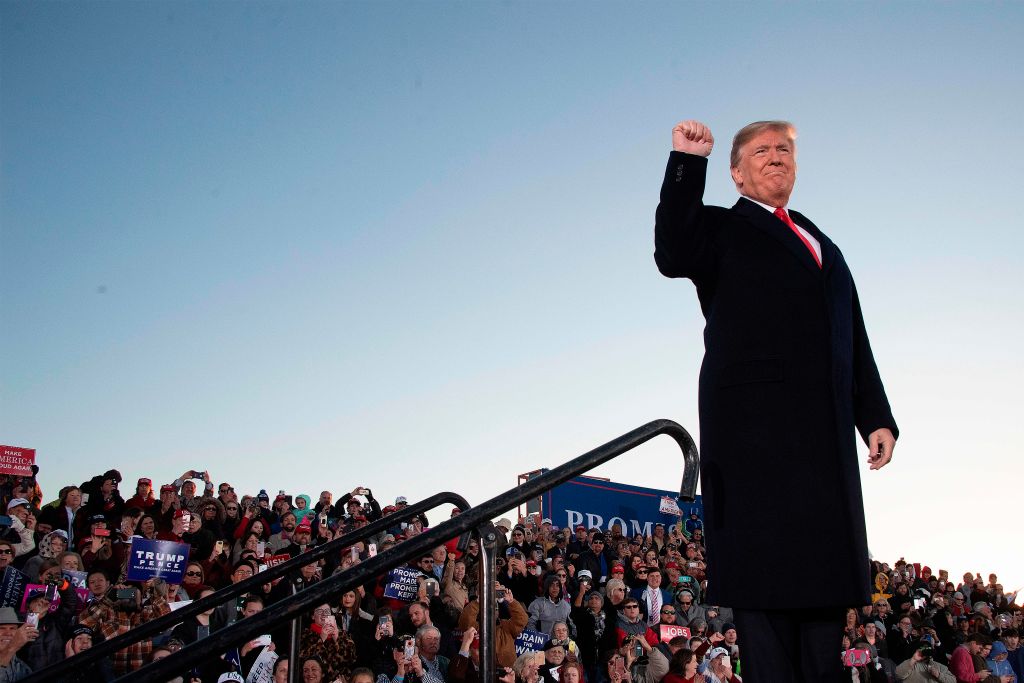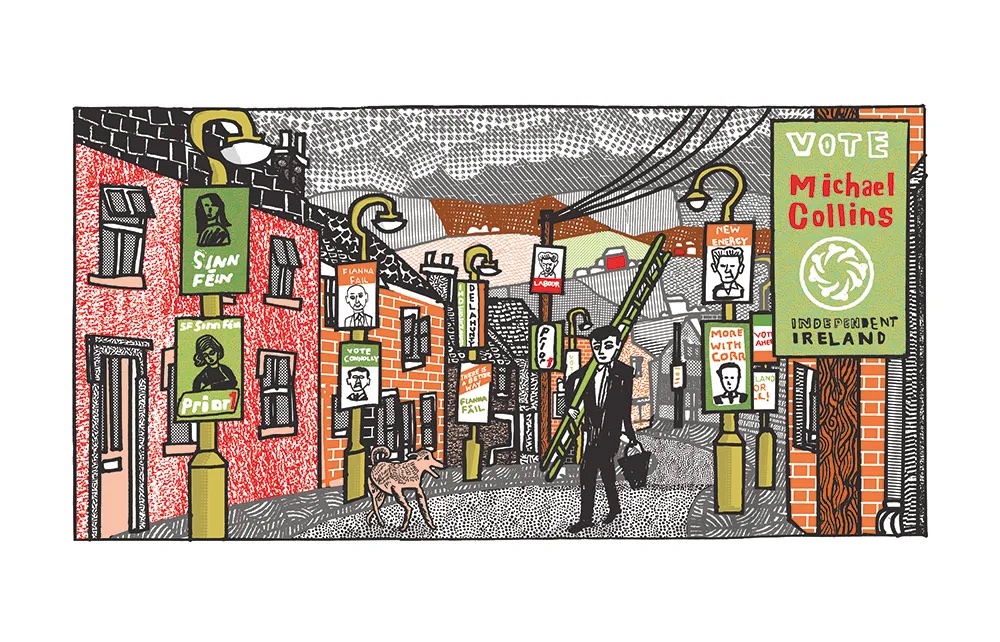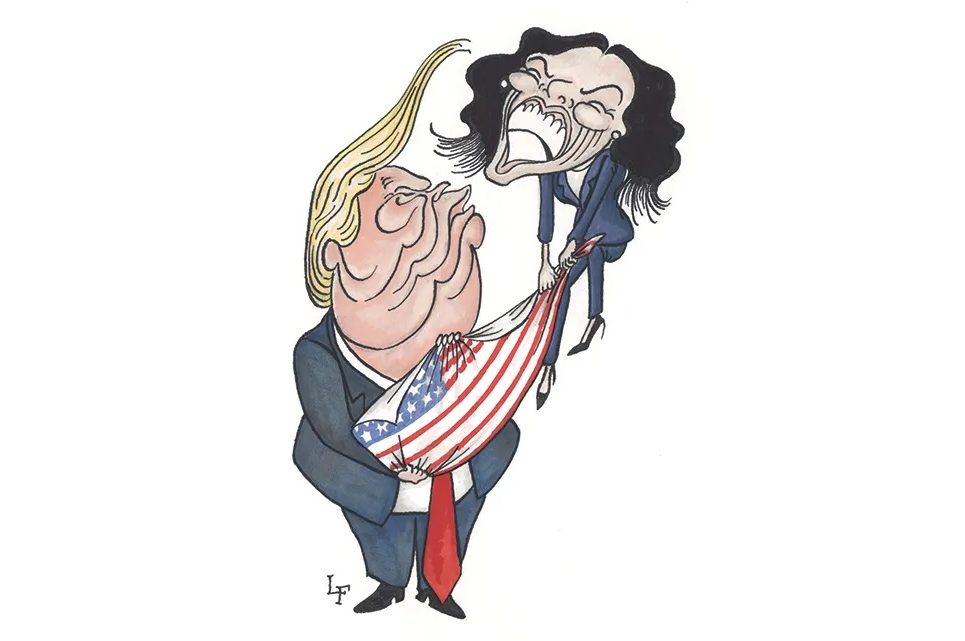It has become commonplace for news reports to refer to almost any civic unrest, or even unusual patterns of voting, as evidence of ‘resurgent nationalism’ — implicitly suggesting a visceral hatred of foreigners and a desire to set the clock back to the glory days of racial homogeneity and casual homophobia. We should be wary of accepting this media trope: for one thing it may arouse far more fear than is warranted.
But apart from the needless fear it generates, it is also slightly dubious to suggest that it is the gilets jaunes or the Five Star Movement or the supporters of Brexit or even Donald Trump who are acting intemperately. It is perfectly possible to argue that these movements are a sensible, overdue reaction against governments that have imposed economic globalization on the world at a pace that is entirely inconsistent with the human lifespan and the speed at which we can adapt to change. The free movement of people, the euro, large-scale immigration, the dissolution of the nation state — for that matter the admission of China to the WTO… all were imposed on the world by ideologically motivated elites with little public consultation. Regardless of whether you think they are good or bad, there is a perfectly sensible secondary question to be asked about whether they were too much too soon. Remember, such decisions are usually made by economists, who do not really understand either time or scale.
Nor does conventional economics take into account the importance of identity. Eighteen years ago, rather presciently, George Akerlof and Rachel Kranton suggested that economics is far too individualistic in its conception of human motivation. Identity Economics, as they call their theory, holds that people’s pride in their collective identity can be considered as a parallel form of wealth, which people seek to grow and protect every bit as much as the balance of their bank accounts. When you strip people of their identity, the reaction is no different than if you deprive people of their earnings.
Given the fact that we have evolved as a social species, this theory should hardly surprise us. After all, the one quality most likely to ensure survival over the past million years was proudly to belong to one or more defined, excludable groups with a shared allegiance born of common bonds and obligations. It would be odd if this instinct were not every bit as powerful as the urge to acquire wealth. And to disparage this fellow feeling as though it were necessarily a malign force is nonsense: it is a large part of what makes society work.
Economics is obsessed with the gains arising from scale. But identity does not scale neatly or quickly. There is no logical reason why people cannot say ‘I support all the football teams in the north-west of England’ but nobody ever does. You can support Liverpool and England; you can support one big team and one small team, but that’s as far as it stretches.
This, incidentally, is one principled argument for a hard Brexit, even if at some economic cost. It is to make the perfectly valid point that in a democracy the government should do what people want, not what economic theory says is good for them. Quite simply, economics is anthropologically tone-deaf: it has far too narrow a conception of what people really care about to justify the influence it carries.
The reason I do not belong to the Ku Klux Klan is not economic. It isn’t because I resent paying the membership dues or the cost of bedsheets and firelighters. No, I haven’t joined because I do not identify with its aims and objectives. If that is reason enough not to join the Klan, it’s a perfectly sound reason to leave the EU.
This article was originally published in The Spectator magazine.

























